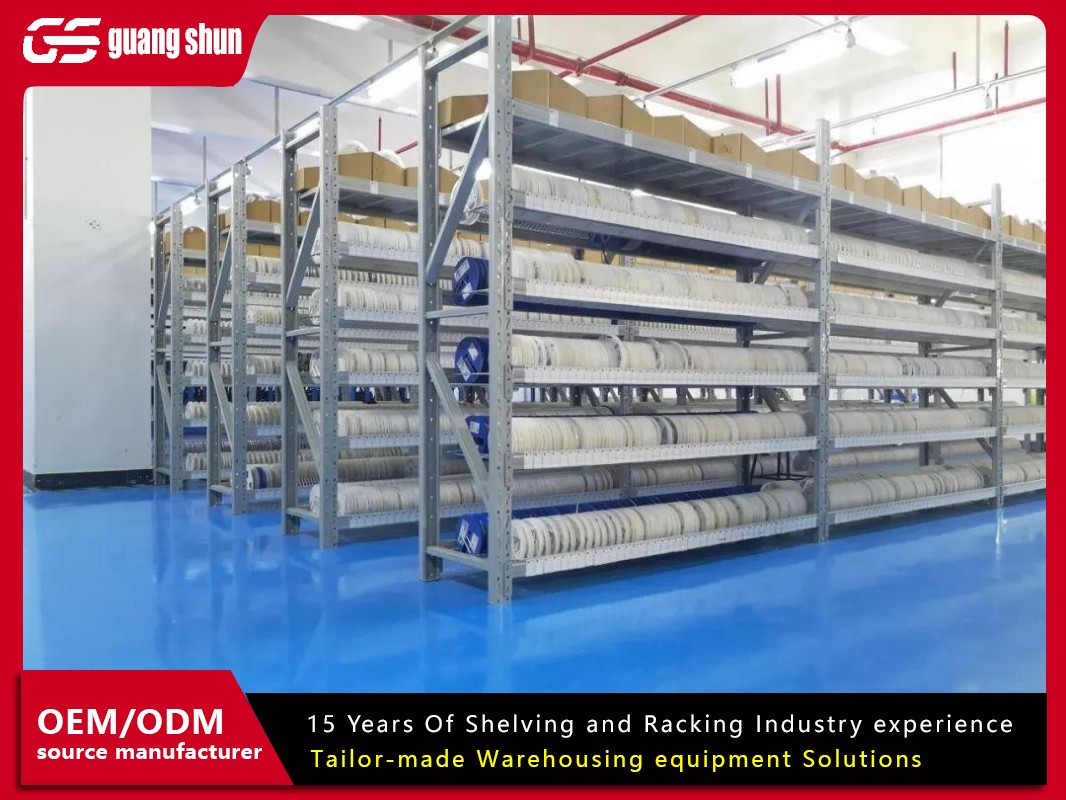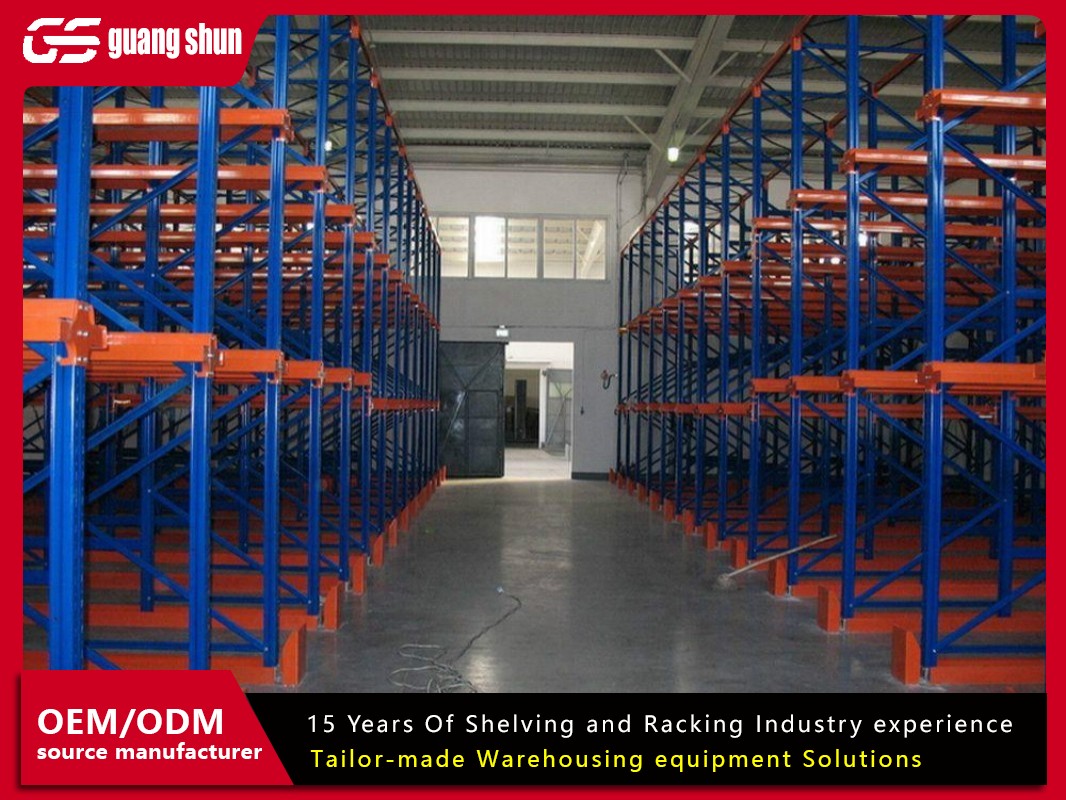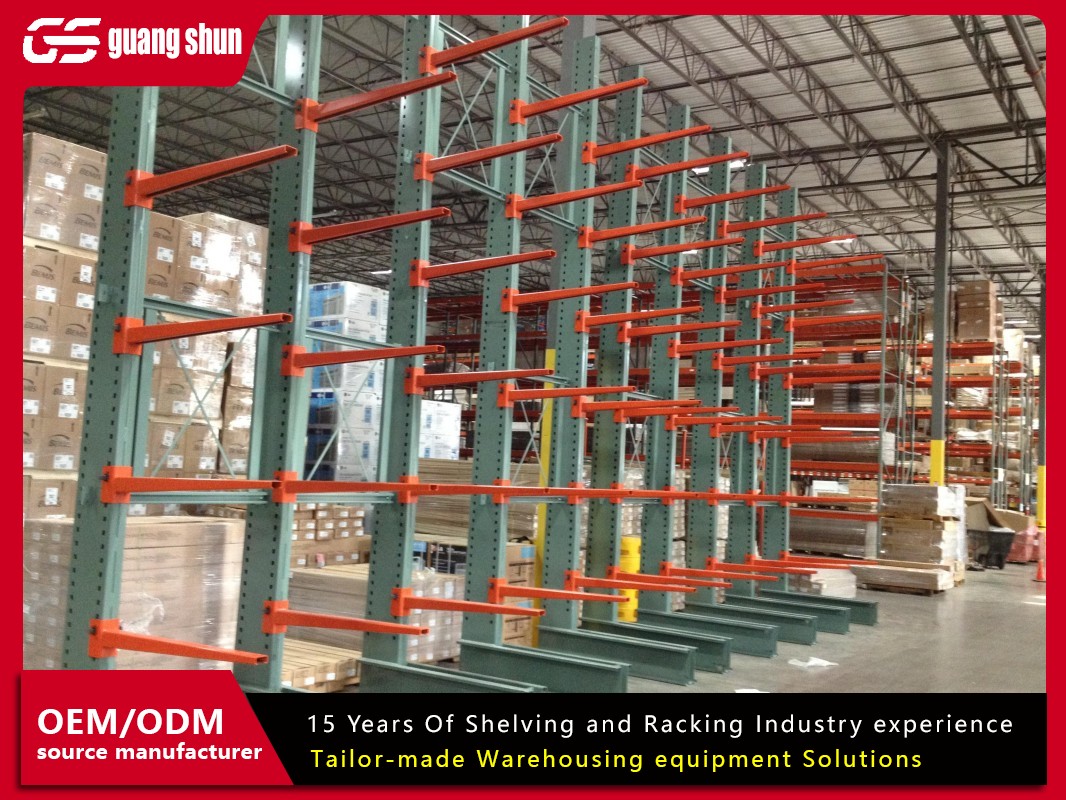In the relentless pursuit of maximizing warehouse storage density and efficiency, business owners and warehouse managers are constantly evaluating their storage solutions. If you've found yourself searching for "drive in pallet racking for sale," you're likely looking for a way to significantly increase your storage capacity within a limited footprint. Drive-in pallet racking is a high-density storage system that is ideal for storing large quantities of similar products with excellent space utilization.
However, purchasing such a significant system is not a decision to be taken lightly. It requires a deep understanding of the system itself, your operational needs, and the total cost of ownership. This guide will walk you through seven essential aspects you must evaluate to make an informed and successful purchase of drive in pallet racking for sale.
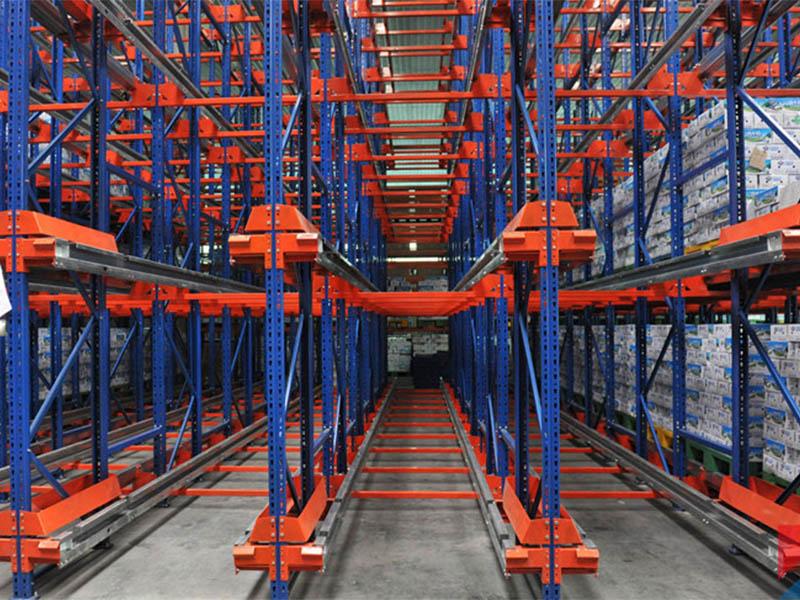
What Exactly is Drive-In Pallet Racking and How Does It Work?
Before diving into the purchasing process, it's crucial to understand the fundamentals. Drive-in pallet racking is a structural storage system designed for high-density storage of homogeneous, last-in-first-out (LIFO) or first-in-first-out (FIFO) inventory.
Unlike traditional selective pallet racking, which has aisles for each row, drive-in systems eliminate these aisles. Instead, they consist of upright frames with connected rails that form multiple vertical storage levels. Forklift operators literally "drive in" to the rack structure to place or retrieve pallets from these rails. This design allows for deep, multi-pallet storage, with the building's exterior walls often acting as one side of the system, further saving space. When you see an offer for drive in pallet racking for sale, you are looking at a system that prioritizes cube utilization over immediate selectivity.
Key Advantages: Why Invest in a Drive-In Racking System?
The primary reason companies seek out drive in pallet racking for sale is its unparalleled advantage in space savings. By drastically reducing the number of access aisles, you can increase storage capacity by up to 75% compared to selective racking. This is a game-changer for operations with expensive real estate or those looking to store more within an existing building.
Other significant benefits include:
High Storage Density: Perfect for cold storage facilities, where space is at a premium and energy costs are high.
Cost-Effectiveness: While the initial investment can be substantial, the cost per pallet position is often lower than other systems due to the high storage density.
Ideal for Bulk Storage: Excellently suited for seasonal products, large batches of the same SKU, or products with a low turnover rate.
Potential Drawbacks and Operational Considerations
While the advantages are compelling, a balanced view is necessary. Drive-in systems are not a one-size-fits-all solution. The most significant trade-off is the loss of immediate selectivity. Because it operates on a LIFO (or sometimes FIFO) basis, retrieving a specific pallet can require moving others, which reduces productivity and increases the risk of product damage and operator error.
Additional considerations include:
Lower Throughput Speed: The need for careful maneuvering within the structure makes loading and unloading slower than with selective racking.
Increased Risk of Damage: The potential for forklifts to collide with the rack structure is higher, making robust construction and highly trained operators mandatory.
Specific Inventory Requirements: It is only efficient for storing a limited number of SKUs in large quantities.
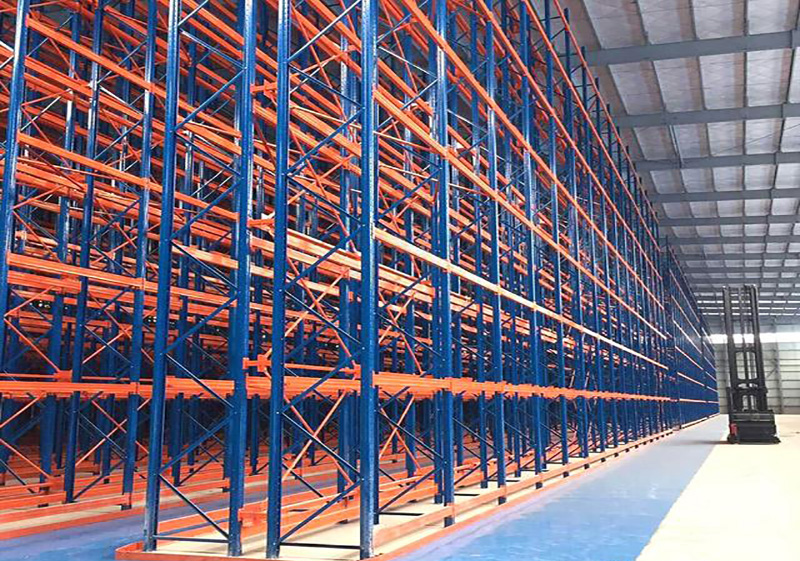
A Detailed Buyer's Guide: What to Look for When Evaluating "Drive In Pallet Racking for Sale"
Not all drive in pallet racking for sale is created equal. Your warehouse's safety and efficiency depend on choosing the right system. Here are the critical factors to scrutinize:
Structural Integrity and Quality of Materials: Inquire about the steel's grade and gauge. Heavy-duty, high-yield strength steel is non-negotiable for withstanding the constant impact and heavy loads. Look for manufacturers that comply with rigorous standards like ANSI MH16.1, OSHA, and RMI (Rack Manufacturers Institute).
Load Capacity and Configuration: Clearly define your pallet sizes and weights. The system must be engineered to handle your maximum dynamic (moving) and static (storage) loads per level and per bay. Ensure the seller provides a professional engineering stamp for the proposed design.
New vs. Used Racking: The market for drive in pallet racking for sale includes both new and used options. Used racking can offer significant cost savings but requires a meticulous inspection for damage, rust, or bent components. Never compromise on safety-critical components like uprights and beams. For mission-critical applications, new racking is often the safer choice.
Safety Features: Look for systems with integral safety features. These include:
Heavy-Duty Column Guards: Protect uprights from forklift impacts.
Pallet Rails with Integral Stops: Prevent pallets from being pushed through the other side.
Rail End Protectors: Increase visibility and protect the ends of the rails.
Structural Bracing: Ensures overall stability and rack integrity.
Supplier Reputation and Service: Choose a supplier with a proven track record. Do they offer professional site inspection and design services? What about installation and post-sale support? A reputable supplier is a partner in your warehouse's success.
The Crucial Role of Professional Design and Installation
Purchasing the components is only half the battle. A drive-in system is a complex structural entity that must be designed and installed correctly. An improper design can lead to catastrophic failures. Always insist on a layout designed by a qualified engineer who understands your inventory profile, forklift specifications, and building constraints.
Professional installation is equally critical. Certified installers ensure that all components are assembled to the manufacturer's specifications, with the correct torque applied to bolts and all safety protocols followed. They will also ensure the system is perfectly plumb and level, which is vital for its stability and safe operation. Never attempt a DIY installation with a high-density storage system.
Cost Analysis: Understanding the Total Investment for Drive In Pallet Racking
When you see an advertisement for drive in pallet racking for sale, the listed price is rarely the total cost. A comprehensive budget must include:
Cost of Racking Components: Uprights, beams, rails, bracing, and safety accessories.
Design and Engineering Fees: The cost of the professional layout.
Shipping and Logistics: Transporting heavy steel to your facility.
Installation Labor: The cost of certified installers.
Potential Building Modifications: This may include reinforcing floors or adjusting sprinkler systems to accommodate the higher storage height.
While the upfront cost can be significant, calculate the cost per pallet position to understand the true value and return on investment.
Drive-In vs. Other High-Density Solutions: Picking the Right Tool for the Job
Finally, it's wise to contextualize your search for drive in pallet racking for sale against other high-density options. Two key alternatives are:
Drive-Thru Racking: Similar to drive-in, but allows access from both ends, facilitating FIFO inventory management. It requires more aisle space but offers better selectivity.
Push-Back Racking: A dynamic system where pallets are stored on nested carts on slightly inclined rails. It offers better selectivity than drive-in (typically 2-6 pallets deep) and operates on a LIFO basis. It is often faster but has a higher cost per pallet position.
The best choice depends entirely on your inventory turnover, number of SKUs, and budget.
Finding the right drive in pallet racking for sale is a strategic process that goes far beyond comparing price tags. It demands a thorough analysis of your inventory, a commitment to safety, and a partnership with a knowledgeable and reputable supplier. By carefully considering the seven factors outlined in this guide—from understanding the system's mechanics and weighing its pros and cons to insisting on professional design and calculating the total cost—you can make a confident investment. This investment will not only maximize your storage cube but will also create a safer, more organized, and highly efficient warehouse operation for years to come.



